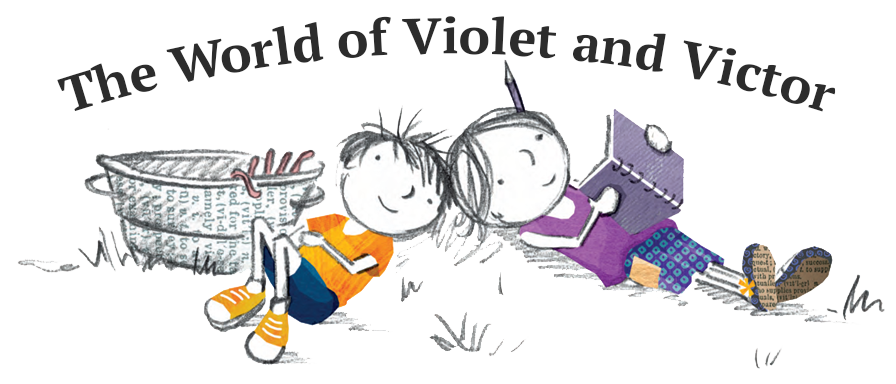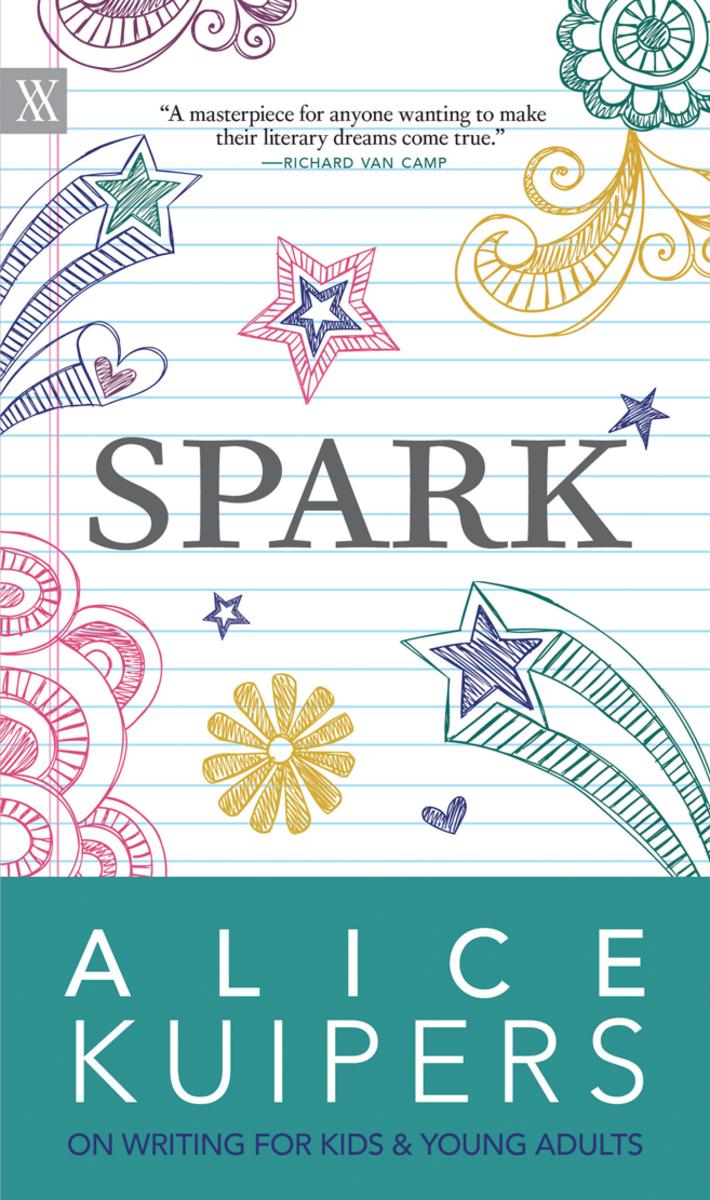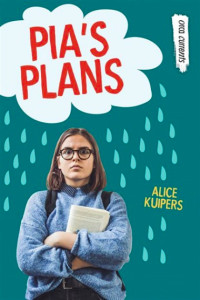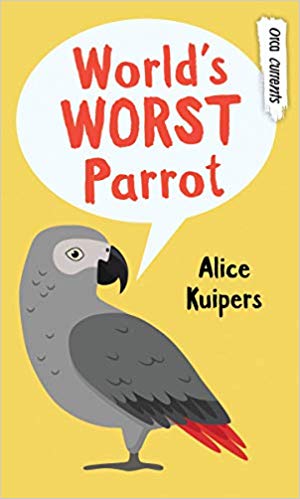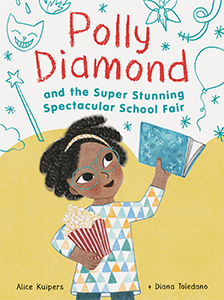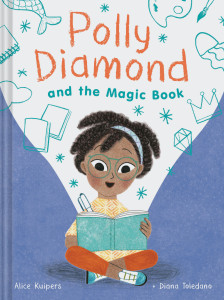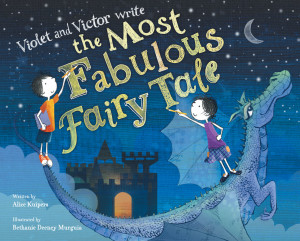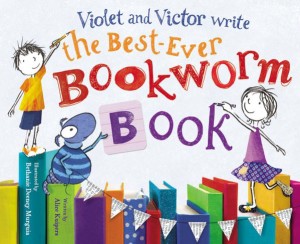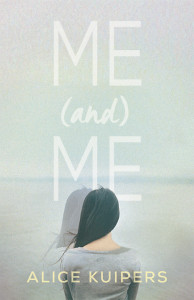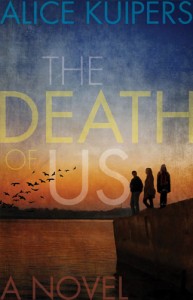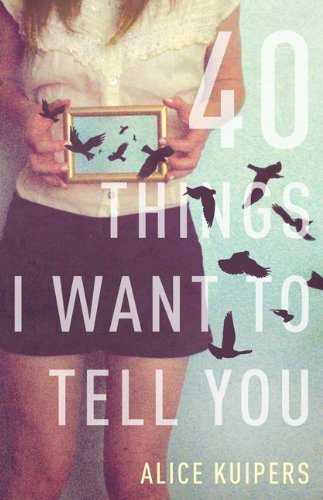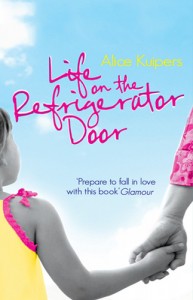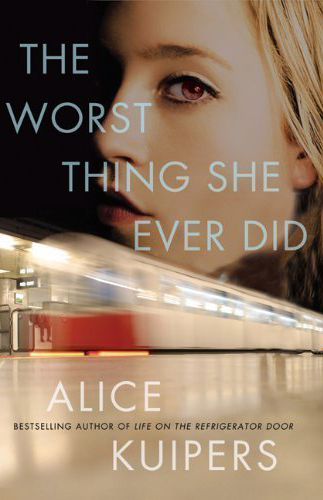Workshop Four
This workshop starts with some news that might be a bit of a downer:
Writing is hard.
Really hard.
I’m not trying to make any of you feel discouraged here. Precisely the opposite, in fact. I’m trying to bust the illusion that writing has to be easy to be any good. I want to push away the notion that writers merrily sit back while the story just flows onto the page, line after perfect line, paragraph followed by perfect paragraph, plot slotting into place, characters fleshy and real.
Real writers find out pretty fast that you have to earn the good days.
This means that yes, sometimes, some rare and gorgeous days, the words do cascade onto the page and everything is easy. But many, many writing days are challenging. The writer takes wrong turns. Every sentence feels stiff and awkward until there is nothing more to say. The story is wooden and downright dull.
On these terrible writing days, your mind starts to play tricks on you, telling you that it isn’t worth writing the story at all, insisting you should give up.
Don’t give up.
Believe me, those days when it’s going badly are actually good for your writing. I know it sounds unlikely, but by accepting, even expecting difficult writing days, you are growing and improving as a writer. Writing shouldn’t be easy to be worth doing. In fact, what would be the point of doing it if it were easy all the time?
Your unique imagination and stories are worth the fight, they are worth the struggle and hard work.
Practically, there are two ways to deal with a challenging writing day.
1- Push through it. Allow yourself to write badly and get words on the page. You can always edit them later.
2- Walk away. I heard Martin Amis talk at a festival and he said that as he matured as a writer, he learned to walk away if the writing wasn’t going well. Take a stroll, do some gardening, cook, whatever, but let your mind relax into solving the problems on the page. Come back refreshed and ready to write.
I tend to push through on the page. A good friend of mine walks away when she is struggling. Either way works – you’ll have to figure out what works for you. Whichever way ends up being your way, remember that sometimes when you think you’re at a dead end, you’re not. You’ve only got to look at the situation differently to discover hidden doorways and paths to the perfect story…
This week’s writing prompt:
Think of this exercise as a metaphor for those trap doors in your mind that lead to unexpected places when you dare open them.
I want you to imagine that you walk into a room you thought you knew well and discover there is a secret trap door in the floor.
Where does it lead? Do you go in? What do you discover? Write up to 500 words describing what you find when you open the trap door.

